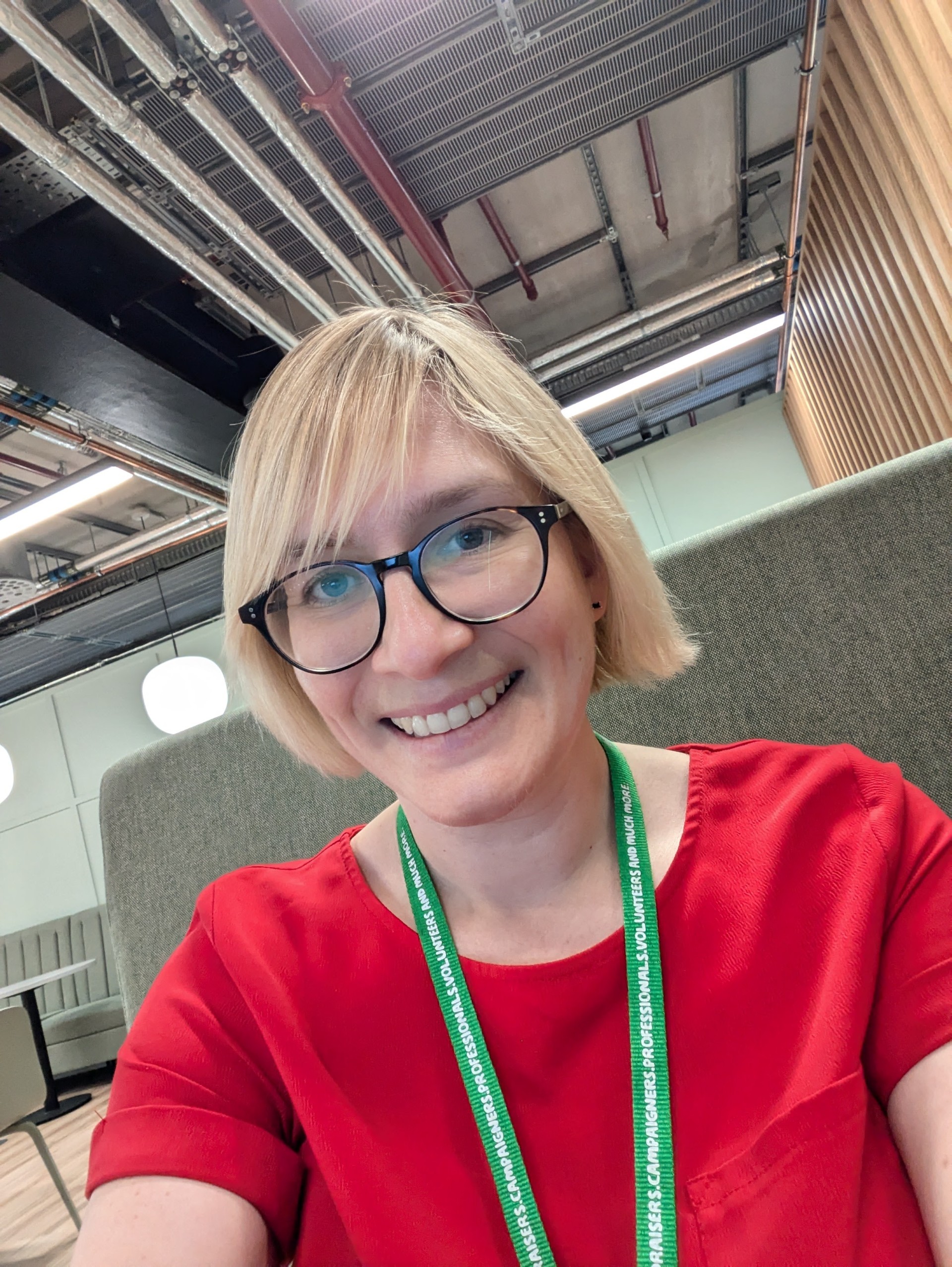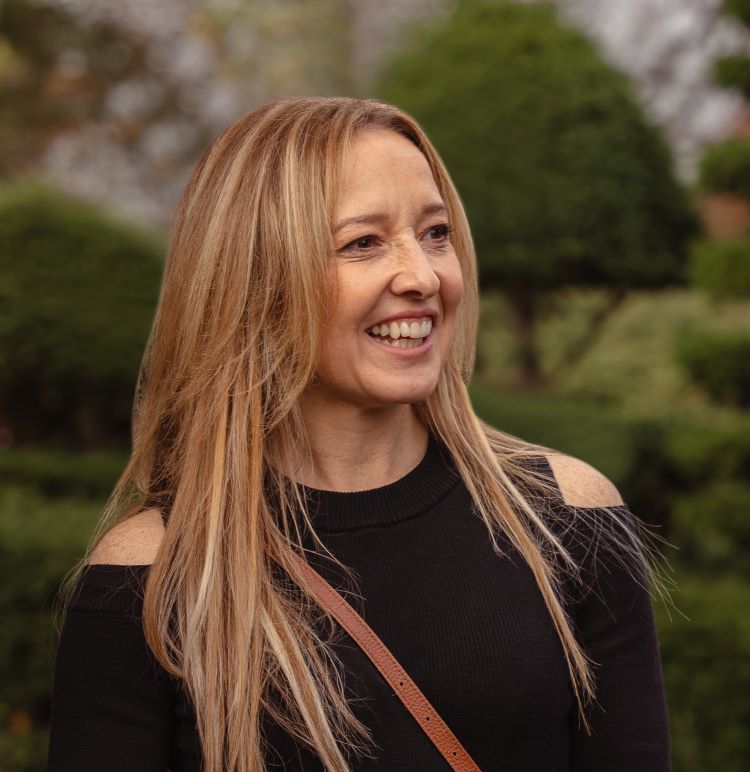


In this interview, Clare Thompson, Transformation Lead at Macmillan Cancer Support, shares how inclusion is more than a value—it’s a strategic imperative. From leading Macmillan’s inclusive communications audit to shaping the internal systems that support a more adaptable and equitable organisation, Clare’s work focuses on creating the conditions where everyone can do their best work and where no one is left behind.
Clare also discusses the organisation’s partnership with The Folk Group, and why Macmillan chose to look outside its own walls to challenge assumptions and raise the bar on inclusive comms.
She’ll be joining Folk founder Sharon Flaherty in the upcoming CIM webinar: Beyond Buzzwords to explore how brands can move from performative gestures to purposeful action when it comes to equity, diversity and inclusion in communications.
Q1 - Tell us about your organisation and your role.
Macmillan Cancer Support are here to do whatever it takes to get every person the best support today while sparking a revolution in cancer care for the future. I am their Transformation Lead and it is my role to make sure we have the right things in place behind the scenes to make that happen- an operating model that supports us to be inclusive, adaptable, sustainable and where everyone finds it easy to do great work.
Q2. What does diversity, equity and inclusion mean to you and Macmillan Cancer Support?
Personally, I am really passionate about diversity, equity and inclusion, it’s why I asked to lead the work on the inclusive comms audit. And it’s why I choose to work somewhere like Macmillan, that are committed to diversity, equity and inclusion, and committed to getting better at it. The reality is that the number of people living with cancer in the UK is rising. Evidence shows that many are receiving poorer experiences of diagnosis, treatment and care - simply because of who they are or where they live. At Macmillan, we know that we are all different with a unique set of needs and we believe that the care we receive should reflect this. Our unwavering commitment to equity, diversity and inclusion (EDI) is essential to us achieving our mission of ensuring everyone has the best care that is right for their individual needs.
Q3. How do you work alongside organisations like The Folk Group to help embed inclusive thinking into your business strategy?
Macmillan is full of incredible people, working hard to support people living with cancer now and in the future. But it's important that we look outside and keep learning too. When we decided to do our inclusive comms audit it made sense to work with a team like The Folk Group as it was area we wanted to challenge ourselves and improve, rather than ‘checking our own homework’ or simply doing more of the same.
Q4. What do organisations most often get wrong when trying to communicate inclusivity — and where should they start instead?
It’s all too common to see organisations jump on the bandwagon around inclusivity. A classic example being everyone turning their logo’s rainbow during Pride month while their actual behaviours suggest a very different internal mindset. But at the other end of the scale you often see people or teams that are so worried about getting it wrong they don’t even try. Of course, its important that we can back up what we say, but if we never say anything for fear its wrong nothing will ever change. Be deliberate, be honest and be ready to learn with humility.
Q5. What can attendees expect to take from the upcoming CIM Webinar, Beyond Buzzwords?
We hope the webinar will give people a flavour of how to think about inclusive communications, consider some common challenges and possible solutions.

